26 Amazing Benefits Of Cassava For Skin, Hair, And Health
Introducing a root vegetable that is a treat not only for your palette but also for your body.
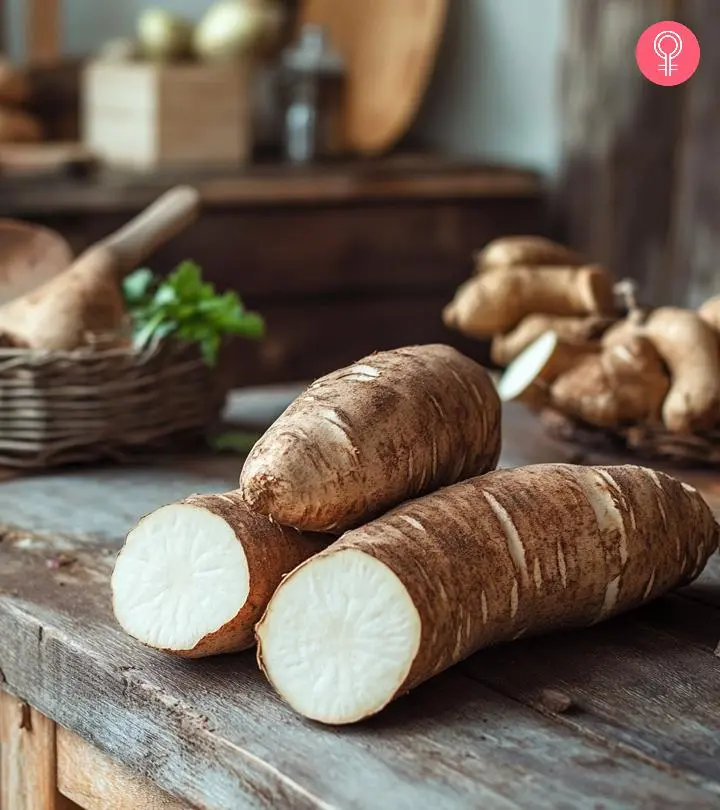
Image: Midjourney/ StyleCraze Design Team
Nature is filled with a treasure of beneficial plants, herbs, fruits, seeds, and flowers! All we need to know is how to make the most of these naturally available therapeutics. Cassava is one such root vegetable that can be poisonous or beneficial based on how we consume it. When taken in the right amount and in proper preparation, cassava benefits our skin, hair, and overall health in several important ways (1). People seeking natural remedies for their skin and hair or gluten-free alternatives to grains can especially benefit from cassava (2). However, just like excess of anything is bad, you must be aware of how much cassava is good enough for you to avoid its possible risks and complications! Read on to delve further and know more details about this starchy root vegetable.
 Know Your Ingredient: Cassava
Know Your Ingredient: CassavaWhat Is It?
A starchy root vegetable of a tropical tree, used as food in tropical countries.
What Are Its Benefits?
It is a rich source of carbohydrates and dietary fiber, which can provide energy, aid digestion, and maintain overall health.
Who Can Use It?
In general, anyone except those with difficulty in protein absorption. Free of gluten, grains, and nuts, cassava is also a great choice for people suffering from food allergies.
How Often?
It is generally safe to consume cassava in moderation as part of a balanced diet.
Caution
Consuming raw cassava can cause severe digestive problems, even cyanide poisoning. People with latex allergies may also be allergic to cassava.
In This Article
Cassava – A Brief
What is cassava? It is an affordable and sustainable crop that has become an important part of agriculture around the globe. It is a tropical root vegetable that can be used along with potatoes, carrots, radishes and other tubers. Cassava is also used in flour, which is a kind of starch required in kitchens around the globe (2). Dry cassava flour can also be bought from grocery stores. Finding fresh roots of cassava plants is almost impossible because they tend to rot very quickly.
The leaves of this veggie can be used to prepare food as well (3). Compared to other green vegetables, cassava’s nutrients fall short. The leaves of this plant have higher protein content when compared to the nutrients found in the roots of cassava.

Cassava needs a comfortable environment to grow well. The best part of this plant is that it can survive for very long in soil that is poor in quality.
There are two kinds of cassava plants: sweet and bitter. Bitter cassava plants have a higher level of cyanide, and they have to be washed and crushed well before they are cooked (4). This will remove all harmful toxins. Once that has been done, you can grind the roots of cassava plants into flour to prepare different kinds of dishes.
 Did You Know?
Did You Know?Sweet cassavas, on the other hand, contain lower levels of cyanide, and you may eat them as traditional root veggies.Cassava is known for its amazing benefits. Go through a few of them below!
Key Takeaways
- Cassava is rich in vitamins, minerals, and magnesium
- Cassava contains compounds that might improve hair texture and reduce hair fall.
- Cassava is great for the skin as it nourishes the skin.
- It has nutrients that are good for muscle health, nerve health, and brain function.
- It is also good for strengthening immunity and might help treat rheumatic disease.
Cassava Benefits For Skin, Hair, And Health
Cassava benefits your skin, hair, and overall health as it is packed with essential nutrients. Keep reading to learn how these nutrients can help improve your health.
Skin Benefits Of Cassava
1. Smoothens And Brightens Your Complexion
Anecdotal evidence suggests the peel of cassava plants can be used as a skin exfoliator. You can split the peels, make a fresh paste out of it and use it as a scrub. Brush the face well for a few minutes and wash it off with cold water. Do this thrice a week to get good results. Make sure the raw cassava doesn’t get into your mouth.
Additionally, you should avoid over-exfoliating, as it can irritate or damage the skin, especially for those with sensitive or acne-prone skin. It is also recommended to patch-test cassava on a small area before applying it to the face.
2. Great Face Mask
Cassava plants also act as great face masks. Before you prepare your face mask, make sure you have washed your face with warm water. This will help in opening up the pores. The cassava mask will easily get absorbed and improve the texture and condition of your skin. This may be because cassava is rich in antioxidants that help fight free radicals known to damage skin cells and lead to premature aging (5), (6).
Once you have washed your face, wait for it to dry completely. You may now rinse with cold water so that the pores close. Use your fingers to dry them. Doing this thrice a week will prevent and eliminate scars and impart a healthy glow in return.
3. Hydrates The Skin

Anecdotal evidence suggests cassava can also hydrate your skin tone and make it smooth and soft. You will have to prepare a mask for this one at home. Take cassava plant roots with some honey or olive oil. You can combine it with a fruit too. A few drops of lemon will also do.
4. Removes Scars And Spots
Cassava starch water can help in healing scars if you apply gently all over the affected area around twice a day. This may be because cassava has anti-inflammatory and antioxidant effects (5). The anti-inflammatory properties help calm the skin and reduce swelling, redness, and irritation around the scar. Antioxidants, on the other hand, help neutralize free radicals to protect the skin cells from oxidative stress that may damage the skin (6).
Hair Benefits Of Cassava
It is not only your health and skin that will be on the receiving end of benefits when it comes to cassava! Using cassava roots and leaves will also help you see changes in the quality of your hair.
5. Helps Your Hair Grow Faster
Anecdotal evidence suggests cassava may promote faster hair growth. This may be possible due to the presence of nutrients like vitamin C, protein, calcium, and iron that contribute to overall hair health (7), (8). If you are tired with the condition of your hair, especially because of its slow growth, I would definitely recommend Cassava. Its roots and leaves can be used to make a fresh paste that can be applied on oiled hair an hour before you rinse it. Doing this twice a week will help you see changes.
6. Controls Hair Fall

Women have often complained about hair fall. They are tired of talking about it, and we are tired of hearing about it! A simple, quick and effective solution to this problem is cassava. This will nourish your hair from the roots to the tips, hydrate it and control hair fall, if the root cause of hair fall isn’t hormonal. However, more research is warranted to support this claim.
7. Provides Nourishment
Cassava plants are a powerhouse of nourishment. If you have hair that is dry or damaged, consider this plant. Anecdotal evidence suggests it may help repair all the damage.
Health Benefits Of Cassava
The tubes and roots of the cassava plant contain calories, proteins, fat, carbohydrates, iron, Vitamin B and C and also starch. The leaves contain calcium, iron, fats and protein too. No wonder they have been proven to be beneficial for your health, body and mind. With that said, let’s go through some of the major cassava health benefits.
8. Helps You Lose Weight

Cassava is very important for all those who are trying to shed those excess pounds that have accumulated over the years. It is found in rice and bread and is low in calories, too (7). The high fiber content in cassava helps you stay full for a longer period and prevents binge eating (9).
9. Good For Your Digestive System
Cassava contains fibers, which are not soluble in water (7). It helps in the absorption of toxins that enter your intestines. In that way, it improves your digestive health and keeps it chugging along nicely. Jesse Feder, Clinical Dietitian at the Memorial Regional Hospital South says, “Cassava has a high amount of dietary fiber, which can actually help alleviate constipation and move things along your digestive tract.” He adds, “Cassava does not typically cause gas. However, for people sensitive to high-fiber foods, it may cause some gas.”
10. Helps In Overcoming Headaches

Most of us suffer from headaches, and for some, it can become unbearable. But you can treat it with the help of cassava! All you have to do for this is take 60 grams of cassava roots or leaves and soak it in water for a couple of hours. Make fresh juice using a blender and then drink it down twice a day. And banish those killer headaches!
It is important to note here that while some people from the Bidayuh, Selako, and Melanau groups traditionally used cassava for headaches, this benefit is not scientifically proven (10).
Note: Soaking it is very important, as raw cassava contains naturally occurring forms of cyanide, which are toxic to ingest. Soaking and cooking cassava makes these compounds harmless. Eating raw or incorrectly prepared cassava can lead to severe side effects.
11. Prevents Cancer
Here comes an amazing benefit of Cassava. Cassava helps in preventing life-threatening diseases such as cancer. A study published in the Molecules journal found that a compound called amygdalin in cassava may help prevent or slow the development of colon cancer. In tests where rats were exposed to a cancer-causing chemical, only those treated with amygdalin or the cancer drug 5-fluorouracil avoided developing tumors and organ damage. However, it is also important to note that amygdalin can be toxic at high levels (11).
12. Treats Diarrhea
Cassava addresses conditions such as diarrhea, too. An animal study published in the Journal Of Ayurveda And Integrative Medicine investigated the antidiarrheal effects of a variety of cassava. Researchers found that cassava was comparable to standard anti-diarrheal drugs like loperamide and atropine sulfate. This suggests it may be a natural remedy for diarrhea (12). You may take several pieces of cassava and boil it in water. Wait for it to come to room temperature. Drink this liquid twice a day to feel the difference.
13. Good For The Eyes
Cassava is rich in vitamin A that may improve the health of your eyes and in the future prevents blindness or poor eyesight (7), (13).Despite this benefit, it is best to consult a doctor before using cassava for the eyes. A case study published in the Digital Journal Of Ophthalmology involving a 39-year-old Nigerian farmer found that cassava can lead to a few side effects. He lost most of his vision after applying raw cassava extract to his eyes in an attempt to treat irritation caused by dust. The cassava extract was mildly acidic and contained cyanide, causing severe chemical burns and rapid damage to his eye tissues, leading to intense pain, discharge, and near blindness (14).
14. Cure Fever
Anecdotal evidence suggests cassava leaves are also effective in treating fever. To get the best results, use the stem as well as the leaves of cassava to make a decoction. In order to make this, you have to boil the root and the leaves instead of steeping them in warm water. Simply take 400 grams of cassava leaves and 80 grams of the stem and boil them uncovered in a liter of water. When the volume of water is reduced by half, take it off the heat and cool.
15. Help Treat Rheumatic Diseases
Rheumatic diseases refer to diseases pertaining to the muscles and joints. Osteoporosis, arthritis, spondylitis and lupus are some examples. Cassava leaves are rich in magnesium (7). In fact, a diet high in magnesium leads to lowered blood pressure levels and reduces the chances of rheumatic diseases throughout life (15), (16).
Cassava supplies more than a third of your daily magnesium requirement per serving. To make an all-natural rheumatic medication, take 150 grams of cassava leaves, some lemongrass and salt along with 15 grams of ginger root. Boil these ingredients in a liter of water until the volume has reduced to about 400ccs. Drink this potion every morning to keep rheumatic diseases at bay.
16. Heal Wounds
Cassava leaves are great for healing minor injuries and wounds.. It has plenty of nutrients that can help in quickly healing such injuries. Research suggests that Cassava may help wounds heal faster because it supports the production of collagen, a building block that helps repair and strengthen the skin. It also helps grow fibroblasts, which are special cells that play a big role in healing by building new tissue (10). Crush cassava leaves in a little amount of Aloe Vera gel and make a smooth paste. Smear this paste on the wound. You can also use the stem of cassava in healing wounds. From the smooth paste made from the leaves and the gel, grate some of the cassava root. If the wound is from a burn, squeeze the pulp out of cassava rhizomes and apply it daily to the wound.
17. Clear Up Worms
This benefit of cassava leaves is sourced from some solid research. It has been found that cassava leaves reduce nematode infection in the GI tract. An experiment was done on young goats that were fed a steady diet of fermentative additives of rice and cassava leaves. It was found that the supplementation drastically reduced the symptoms of nematodic infestation (17).
To take cassava to eliminate worms, you can buy cassava supplements found in pharmacies. You can also make a paste of cassava leaves and eat that as a whole.
18. Develops Appetite
Cassava is full of benefits, among which appetite restoration is one. If you are feeling averse towards food, anecdotal evidence suggests cassava leaves may restore your appetite. To do this, make a concoction of cassava leaves with ginger and drink it every morning right after waking up.
19. Beneficial For Pregnant Women
Pregnant women need lots of vitamin C and folate (18). In fact, these two supplements are prescribed right from the beginning of the gestation period. Now, these two are also found aplenty in cassava leaves. A cup of cassava contains 15 percent of your daily folate requirement and 47 percent of the daily calcium requirement (7). Cassava leaves have a bland taste, so chop the leaves and cook them with meat and vegetables in a stew. This way, you will make a great meal out of the healthy leaf.
20. Help Fight Kwashiorkor
Cassava leaves are full of lysine protein (19). This makes the leaves perfect for fighting against protein deficiency conditions like Kwashiorkor. However, depending on cassava as the sole source of protein can be harmful if the leaves are not cooked properly. There is evidence suggesting cassava containing cyanogenic glucosides. This can lead to loss of eyesight and cyanide poisoning. So the tuber and leaves must be washed properly, and cooked well before eating.
21. Strengthens Immunity
Folate and vitamin C, both found in plenty in cassava leaves, are very good for the body’s immune system. Vitamin C helps the immune system by attacking the nucleus of virus and bacteria, rendering them dead. It also maintains bone health. It is also a good antioxidant that eliminates free radicals in the body. Free radicals are known to have links with cancer (20). Folate helps in the production of cells in our body, thereby helping in making the genetic material for life and preventing DNA mutations (21).
22. Boosts Energy And Improves Brain Function
Since cassava flour is high in carbohydrates, it helps in boosting energy. Not only that, your brain will begin to work more efficiently when you add cassava flour to your meals. Every serving contains 80% of carbohydrates, which is more than enough for your daily consumption (7), (22).
23. Beneficial For Nerve Health
Some experts believe that cassava flour is essential for a balanced nervous system. Not only does it fight stress and anxiety, but also provides support to your overall health. However, there is no scientific evidence supporting these claims.
24. Maintains Healthy Muscles
If you are health conscious, cassava flour will definitely help you build strong and lean muscles. It contains protein that maintains your muscle health and nourishes the tissues (7), (23). One serving contains 2 grams of protein. While this is not enough to meet your daily requirements, you can combine it with other protein-rich foods like lean meats, eggs, and tofu to do so.
25. Lowers Blood Pressure
Another amazing benefit of cassava flour is that it significantly lowers blood pressure. This is again because it is high in dietary fiber (7), (24). Every cup of cassava flour increases your fiber intake by 4 grams. This significantly contributes towards the ideal fiber intake recommended for women on a regular basis.
26. Makes You Less Prone To Diseases
With cassava flour, you can lower the chances of diseases such as osteoporosisi A bone disorder where the bones become brittle and weak and easily fracture due to age, eating disorders, or medications. . This is because it contains essential minerals such as calcium, copper, and magnesium that promote better bone health and a healthy lifestyle (7), (25). One cup of cassava contains only 206 grams of copper, which covers around 24% of your daily requirement.
These are all the cassava benefits you should know about. Adding this root vegetable to your daily diet may lead to weight loss, improved digestion, immunity, and enhanced skin and hair health. In addition, anecdotal evidence suggests that cassava may help regulate blood sugar levels in people with diabetes. However, limited data is available in this regard. Thinking about consuming cassava to reap all these benefits? Check out its nutritional value first!
Nutritional Value Of Cassava
The table below will give you a clear idea on the nutritional value of cassava (7).
One cup of raw cassava contains:
- Calories: 330
- Total fat: One gram
- Cholesterol: Zero percent
- Sodium: 29 grams
- Carbohydrates: 78 grams
- Dietary fiber: 4 grams
- Sugars: 4 grams
- Protein: 3 grams
While the nutrient profile of cassava is impressive and can offer various health benefits, you need to be aware of any side effects or risks they may entail. Head over to the next section to learn more about them.
Word Of Caution
This popular gluten-free tuber also has some side effects that you should be aware of. Here are a few of them:
- Cassava contains a toxin called linamarin. When eaten raw, the human digestive system converts this toxin into cyanide, which can prove to be fatal (26), (27).
- The cassava root rots quickly, which leads to depletion in its nutritional value. It can also cause fungal and bacterial infections.
- The toxic substances in cassava are known to affect the pituitary gland and impact the functioning of the liver and kidneys (28).
Now, do not let these side effects scare you away! If you peel, clean, and cook cassava well, there is no reason why you cannot enjoy its goodness without worrying about toxins! Cleaning and cooking flush out all the toxins from cassava and make it completely eatable. Scroll down to learn how you can do so.
Preparation Guidelines
Here is how to correctly prepare cassava for safe consumption:
- Peel the cassava and soak it in water for at least 48 hours. This helps to leach out any toxic compounds.
- Boil the soaked cassava in water until it is soft. Doing so may further reduce cyanide and other toxins from it.
- The water you use for both the steps above should not be reused, as it contains leached-out toxins.
After this careful process, you can cook the cassava as you want.
 Quick Tip
Quick TipCassava is an excellent ingredient to have in your pantry. You also can incorporate it into your diet with a simple and delicious recipe. Check it out in the next section.
Cassava Recipe
- Cassava Fries

Ingredients
- 1 cassava root
- 1 tablespoon of kosher salt
- A pot of water
- 2 dried chili peppers
- 1 tablespoon of cloves
- 3 to 4 tablespoons of olive oil
- 1 to 2 tablespoons of mixed spices
Directions
- Cut the ends off, peel the skin, and chop the cassava into inch-long pieces.
- Place them in a pot filled with water. Add the kosher salt, cloves, and chili peppers. Boil until the cassava softens and turns translucent.
- Once cooked, remove the pieces and break them into smaller chunks. Remove any rope-like bits from the center.
- Coat the pieces with olive oil and spread them on a baking sheet. Sprinkle your choice of spices over them.
- Bake them at 350o F for 20 minutes.
- Serve your cassava fries hot.
Apart from making scrumptious fries, you can use cassava in various other ways too. Learn more in the next section.
Uses Of Cassava
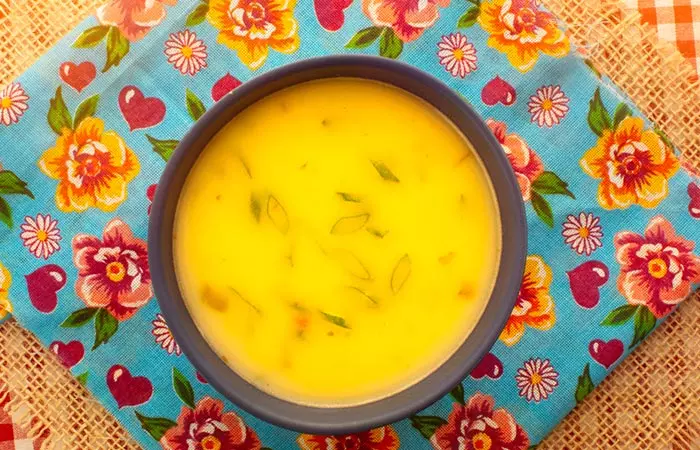
Cassava plants can also be put to several uses. Shammi, a blogger, shared that coal-roasted and deep-fried cassava is popular as a street food in Tanzania. She states in one of her blog posts, “The roasted cassava was my favourite… for about a shilling, you could get a large paper cone of roasted pieces, sprinkled with salt and red chilli powder. I can tell you it tasted divine, probably because of its very simplicity (i).” You can also prepare soups and stews by using this as the core ingredient. This will fill up your stomach and help you stay full for a longer period. Since it is a starchy vegetable, it contains an element of thickness that stimulates the appetite and also lasts for a long time. However, be careful while you are using this plant. Excessive consumption brings you one step closer to nutritional deficiencies and diseases.
 Trivia
TriviaCassava is often compared to other root vegetables, like potatoes and sweet potatoes. Learn more about their key differences in the next section.
Cassava Vs. Other Root Vegetables
While cassava, potatoes, and sweet potatoes are all root vegetables, they differ significantly in terms of nutrition. As mentioned in the article above, cassava is higher in carbohydrates, making it a particularly energy-dense option. Potatoes are relatively lower in carbs compared to cassava but provide a good source of potassium and fiber (7), (29). Sweet potatoes also offer these nutrients, but they are particularly rich in beta-carotene, an antioxidant that helps fight free radicals to protect the body from oxidative damage (30).
Infographic: Health Benefits Of Cassava
Cassava is a calorie-rich root vegetable with a wide variety of key vitamins and minerals. In addition, it is a good source of resistant starch and vitamin C, which may help treat many ailments. There are many benefits of cassava root, but before indulging in this veggie, you must be aware of some key health benefits of this root.
Check out the infographic below to learn about the top health benefits of cassava. Illustration: StyleCraze Design Team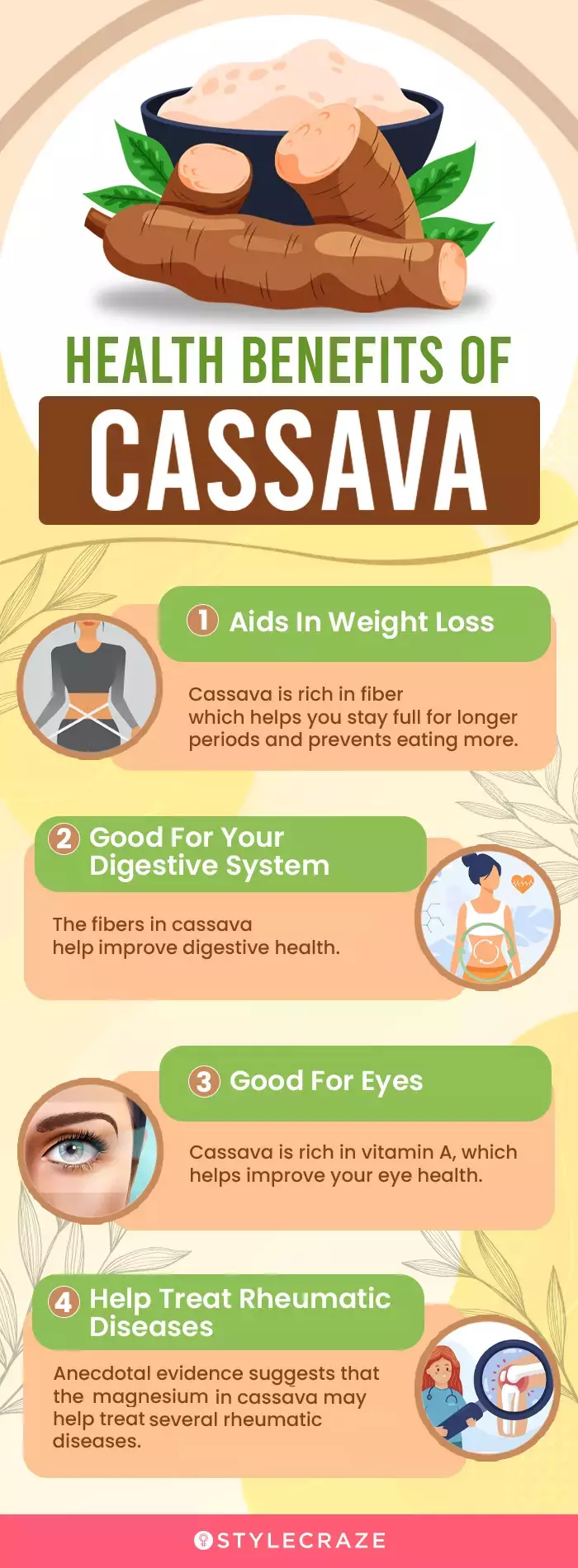
Cassava is a root vegetable with many therapeutic properties. The wide variety of vitamins and minerals, starch, and higher protein content in cassava benefit your skin, hair, and health. This versatile root may smoothen and brighten skin complexion, improve texture, and condition the skin. Other cassava benefits include hair growth and improved hair health. It also aids in weight loss, improves digestion, reduces cancer risk, and treats diarrhea. You can easily add cassava to your favorite soups and stews. However, eating raw cassava can prove fatal, as it contains linamarin (a toxin) that may cause fungal and bacterial infections. Raw cassava may also impact kidney and liver functioning.
Frequently Asked Questions
Does cassava raise cholesterol?
Jesse Feder says, “Cassava may actually raise good cholesterol and reduce bad cholesterol. Although research is limited, cassava does not negatively impact cholesterol.”
Is cassava good for kidney patients?
According to Jesse, “Cassava can be good for kidney patients depending on how severe their condition is. Since cassava does contain a good amount of potassium, you should consult with your doctor to be safe.”
Does cassava increase fertility?
“Although some cassava supplements claim to help increase fertility, there is limited to no research supporting this claim,” opines Jesse.
Is cassava healthier than potatoes?
No. While both root vegetables have a similar nutritional profile, potatoes have a better concentration of carbohydrates, proteins, and dietary fiber (7), (29).
Is boiled cassava healthy?
Yes. Boiled cassava is healthy and has many benefits for your skin, hair, and overall health.
Is cassava high in uric acid?
Possibly not. Although scientific studies on the uric acid content of cassava flesh are limited, cassava leaves have a moderately low level of uric acid (31).
Is cassava acidic or alkaline?
Cassava, especially in its raw form, is mildly acidic, with a pH of 6.5 (14).
Illustration: Amazing Benefits Of Cassava For Skin, Hair, And Health
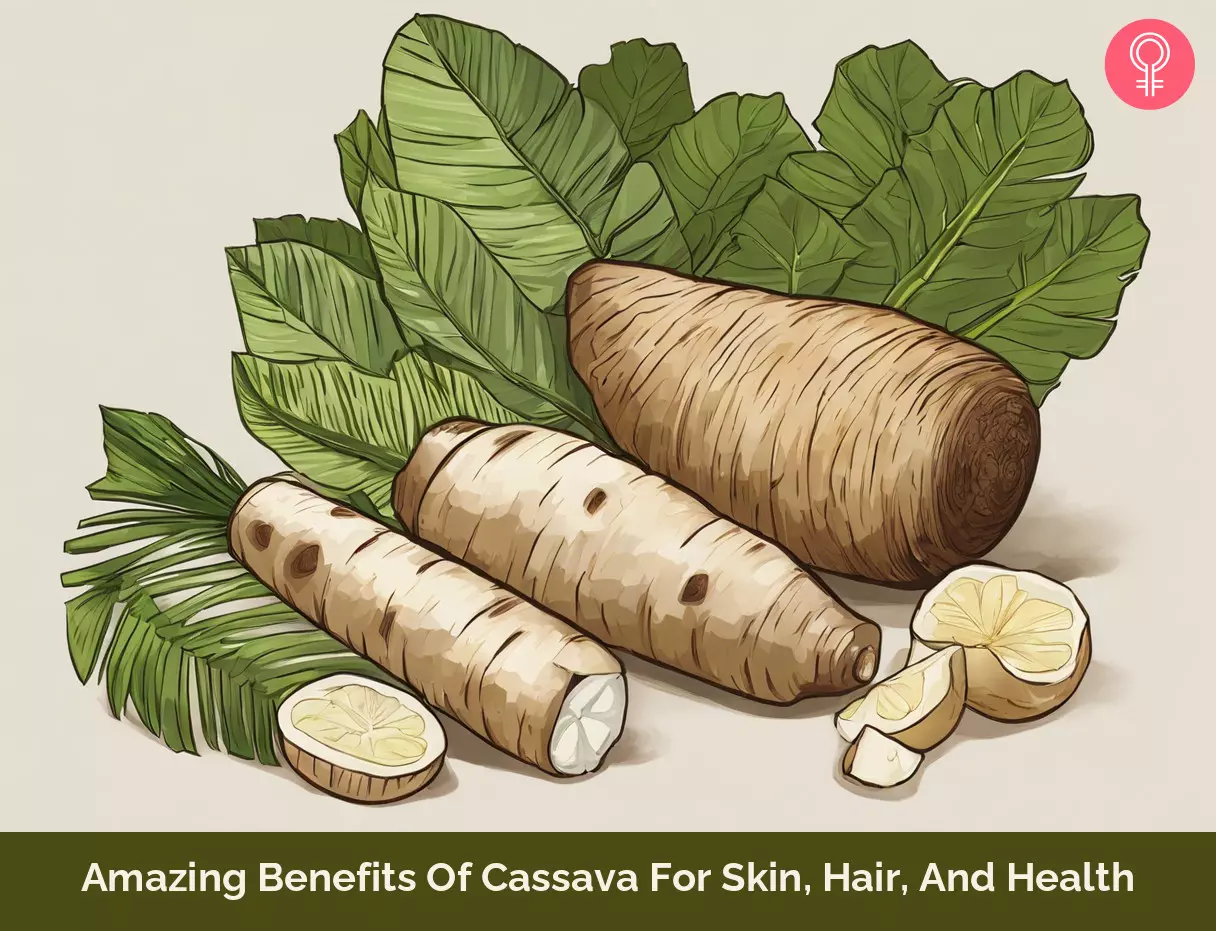
Image: Stable Diffusion/StyleCraze Design Team
Find out about cassava’s health benefits, from its high fiber content to its potential to reduce cholesterol. Also, learn about its side effects and how to enjoy it safely in the video below.
Personal Experience: Source
StyleCraze's articles are interwoven with authentic personal narratives that provide depth and resonance to our content. Below are the sources of the personal accounts referenced in this article.
i. Oven-baked cassavahttps://srefoodblog.blogspot.com/2006/01/oven-baked-cassava.html
References
Articles on StyleCraze are backed by verified information from peer-reviewed and academic research papers, reputed organizations, research institutions, and medical associations to ensure accuracy and relevance. Read our editorial policy to learn more.
- Medicinal Nutritional and Anti-Nutritional Properties of Cassava (Manihot esculenta): A Review
https://www.researchgate.net/publication/338856254_Medicinal_Nutritional_and_Anti-Nutritional_Properties_of_Cassava_Manihot_esculenta_A_Review - Progress in research and applications of cassava flour and starch: a review
https://www.ncbi.nlm.nih.gov/pmc/articles/PMC6542882/ - Nutrient content of young cassava leaves and assessment of their acceptance as a green vegetable in Nigeria
https://pubmed.ncbi.nlm.nih.gov/7784394/ - Bitter taste in cassava roots correlates with cyanogenic glucoside levels
https://onlinelibrary.wiley.com/doi/10.1002/jsfa.1699 - Nutrition, Healthcare Benefits and Phytochemical Properties of Cassava (Manihot esculenta) Leaves Sourced from Three Countries (Reunion, Guinea, and Costa Rica)
https://pmc.ncbi.nlm.nih.gov/articles/PMC9315608/ - Antioxidants in dermatology
https://pmc.ncbi.nlm.nih.gov/articles/PMC5514576/ - Cassava raw
https://fdc.nal.usda.gov/food-details/169985/nutrients - The Role of Vitamins and Minerals in Hair Loss: A Review
https://pmc.ncbi.nlm.nih.gov/articles/PMC6380979/ - High Fiber Diet
https://www.ncbi.nlm.nih.gov/books/NBK559033/ - Cassava (Manihot esculenta Crantz): A Systematic Review for the Pharmacological Activities, Traditional Uses, Nutritional Values, and Phytochemistry
https://pmc.ncbi.nlm.nih.gov/articles/PMC10571719/ - Antioxidant, Anti-Inflammatory, and Anti-Cancer Properties of Amygdalin Extracted from Three Cassava Varieties Cultivated in Benin
https://pmc.ncbi.nlm.nih.gov/articles/PMC10254302/ - Antidiarrheal activity of ethanolic extract of Manihot esculenta Crantz leaves in Wistar rats
https://pmc.ncbi.nlm.nih.gov/articles/PMC4395926/ - The Role of Vitamin A in Retinal Diseases
https://pmc.ncbi.nlm.nih.gov/articles/PMC8835581/ - A 39-year-old man with blindness following the application of raw cassava extract to the eyes
https://pmc.ncbi.nlm.nih.gov/articles/PMC5734904/ - The Role of Magnesium in Hypertension and Cardiovascular Disease
https://pmc.ncbi.nlm.nih.gov/articles/PMC8108907/ - Relationship between dietary magnesium intake and rheumatoid arthritis in US women: a cross-sectional study
https://pmc.ncbi.nlm.nih.gov/articles/PMC7654130/ - The effect of cassava foliage (Manihot esculenta) on gastrointestinal parasites of small ruminants in Cambodia
https://www.researchgate.net/publication/30073204_The_effect_of_cassava_foliage_Manihot_esculenta_on_gastrointestinal_parasites_of_small_ruminants_in_Cambodia - 5 Dietary Supplements
https://www.ncbi.nlm.nih.gov/books/NBK562622/ - Diet and kwashiorkor a prospective study from rural DR Congo
https://www.ncbi.nlm.nih.gov/pmc/articles/PMC3994641/ - Vitamin C in Disease Prevention and Cure: An Overview
https://pmc.ncbi.nlm.nih.gov/articles/PMC3783921/ - Folate
https://ods.od.nih.gov/factsheets/Folate-HealthProfessional/ - Carbohydrates as a source of energy
https://pubmed.ncbi.nlm.nih.gov/8116550/ - Dietary Protein and Muscle Mass: Translating Science to Application and Health Benefit
https://pmc.ncbi.nlm.nih.gov/articles/PMC6566799/ - The Relationship Between Dietary Fiber Intake and Blood Pressure Worldwide: A Systematic Review
https://pmc.ncbi.nlm.nih.gov/articles/PMC10612139/ - Copper, magnesium, zinc and calcium status in osteopenic and osteoporotic post-menopausal women
https://pmc.ncbi.nlm.nih.gov/articles/PMC4469220/ - Neurotoxic effect of linamarin in rats associated with cassava (Manihot esculenta Crantz) consumption
https://pubmed.ncbi.nlm.nih.gov/23778051/ - Cyanide and the human brain: perspectives from a model of food (cassava) poisoning
https://pmc.ncbi.nlm.nih.gov/articles/PMC5063682/ - Effects of Cassava Juice (Manihot esculenta Crantz) on Renal and Hepatic Function and Motor Impairments in Male Rats
https://pmc.ncbi.nlm.nih.gov/articles/PMC7695244/ - Potatoes, flesh and skin, raw
https://fdc.nal.usda.gov/food-details/170026/nutrients - Sweet potato, cooked, boiled, without skin
https://fdc.nal.usda.gov/food-details/168484/nutrients - Uric acid levels on sub-chronic oral administration of Cassava leaf extract
https://iopscience.iop.org/article/10.1088/1742-6596/1968/1/012008#
Read full bio of Garima Singh
- Jesse Feder, RDN/LDN, is a Clinical Dietitian at the Memorial Regional Hospital. He is also a certified by the American College of Sports Medicine as a personal trainer (ACSM-CPT) and the National Strength and Conditioning Association as a Certified Strength and Conditioning Specialist (NSCA-CSCS).
 Jesse Feder, RDN/LDN, is a Clinical Dietitian at the Memorial Regional Hospital. He is also a certified by the American College of Sports Medicine as a personal trainer (ACSM-CPT) and the National Strength and Conditioning Association as a Certified Strength and Conditioning Specialist (NSCA-CSCS).
Jesse Feder, RDN/LDN, is a Clinical Dietitian at the Memorial Regional Hospital. He is also a certified by the American College of Sports Medicine as a personal trainer (ACSM-CPT) and the National Strength and Conditioning Association as a Certified Strength and Conditioning Specialist (NSCA-CSCS).
Read full bio of Tanya Choudhary
Read full bio of Ravi Teja Tadimalla
Read full bio of Moksha Gandhi




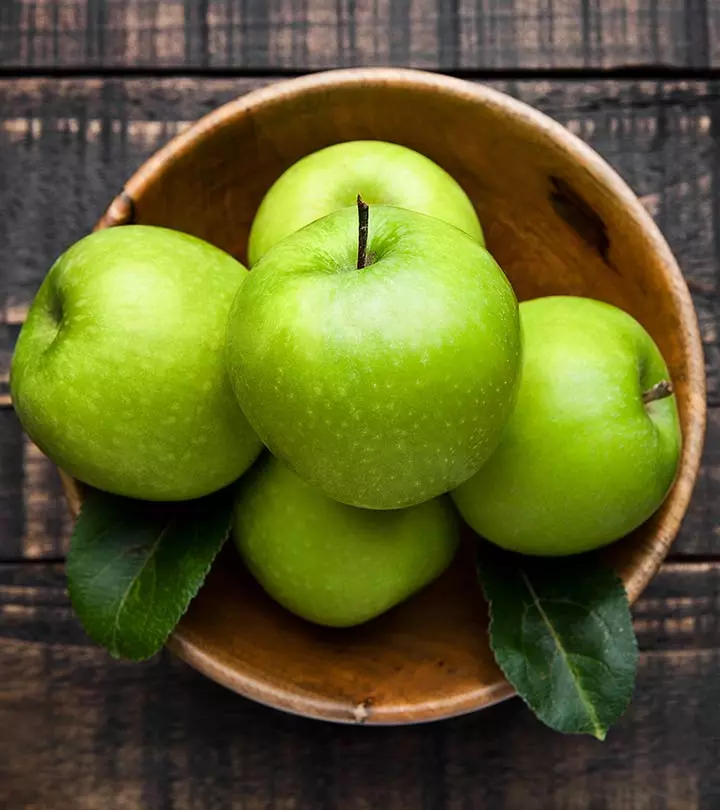
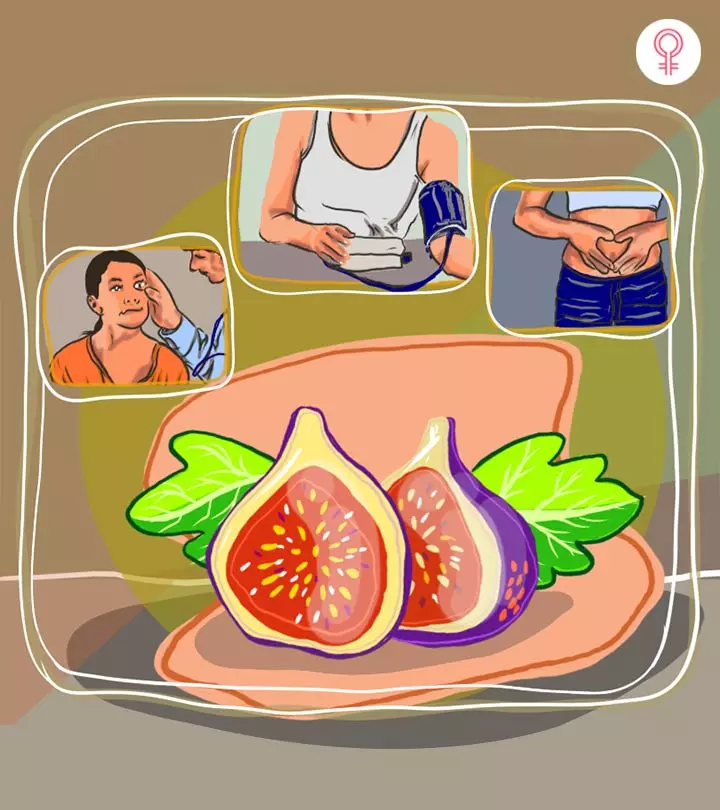
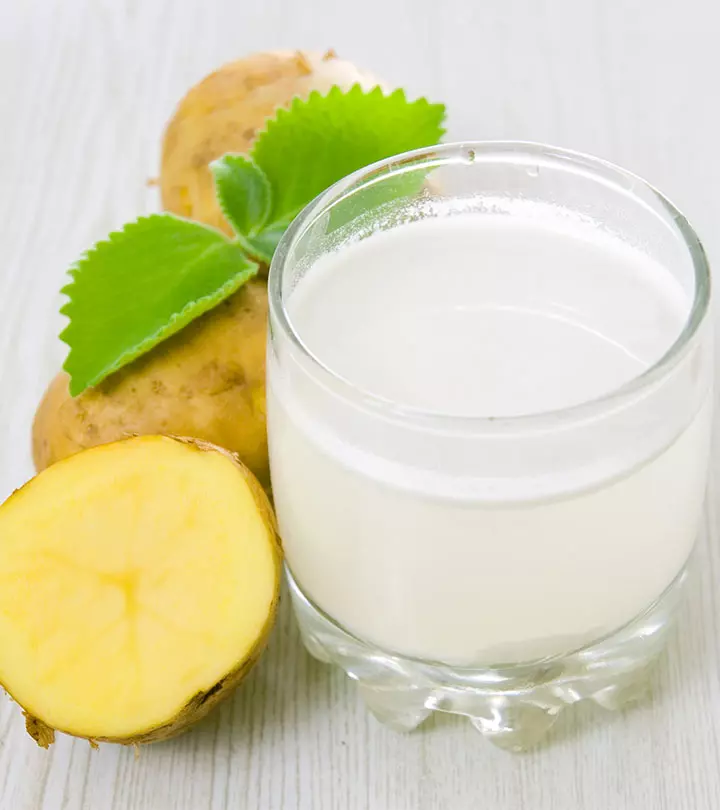
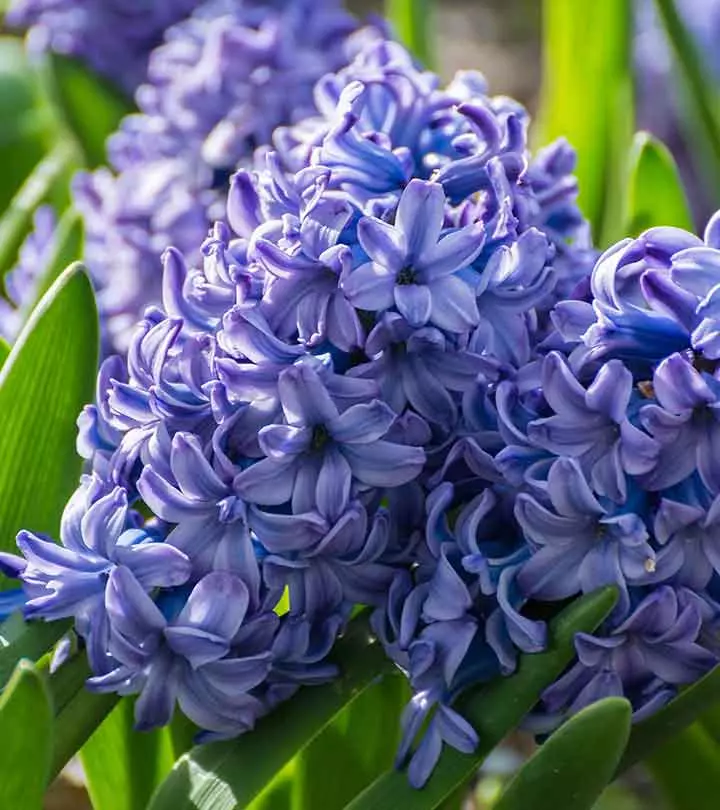

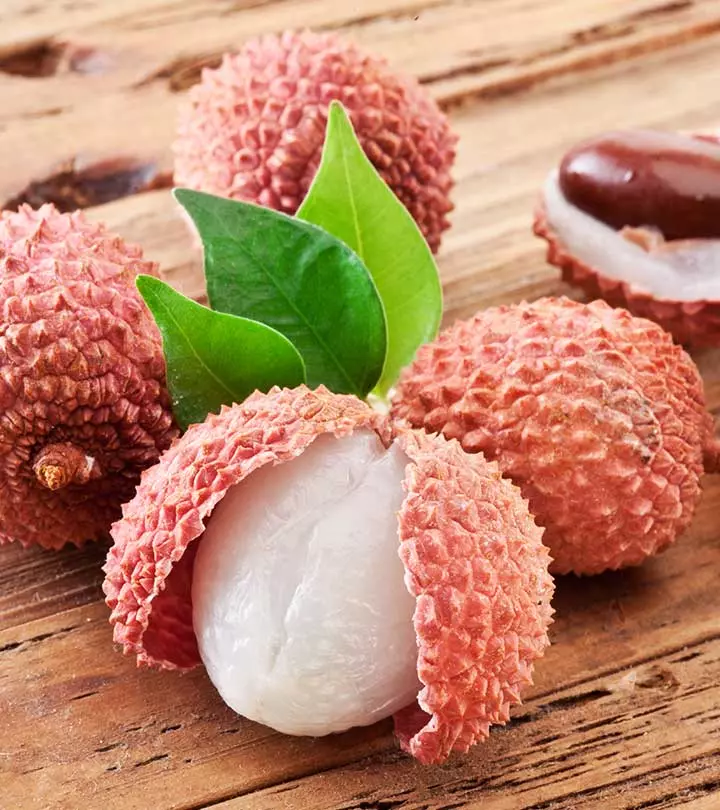

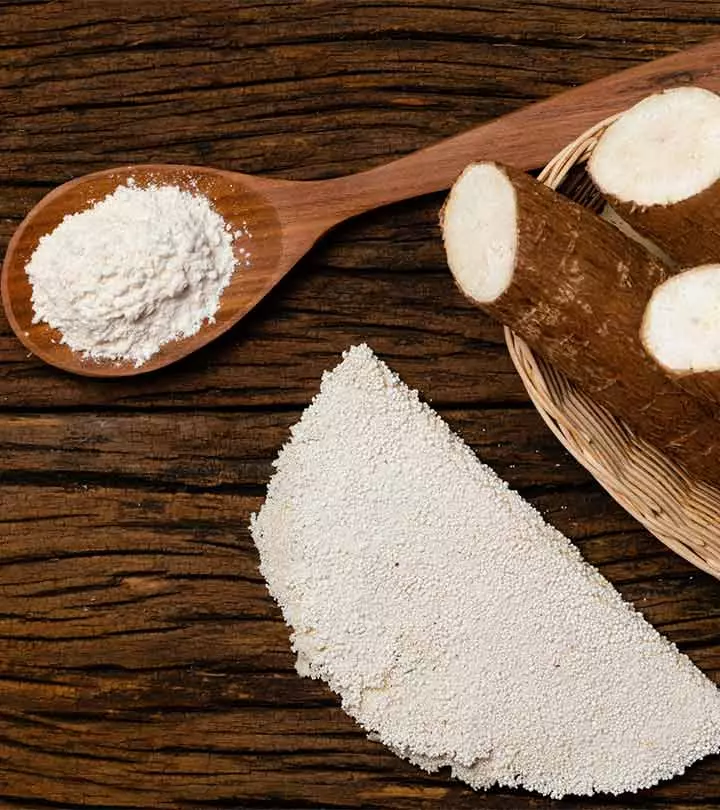

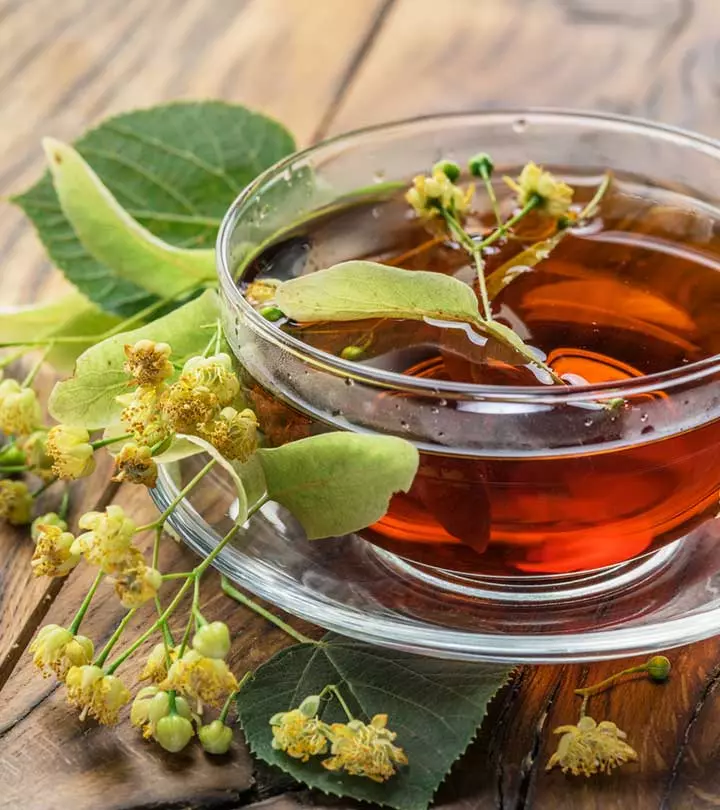
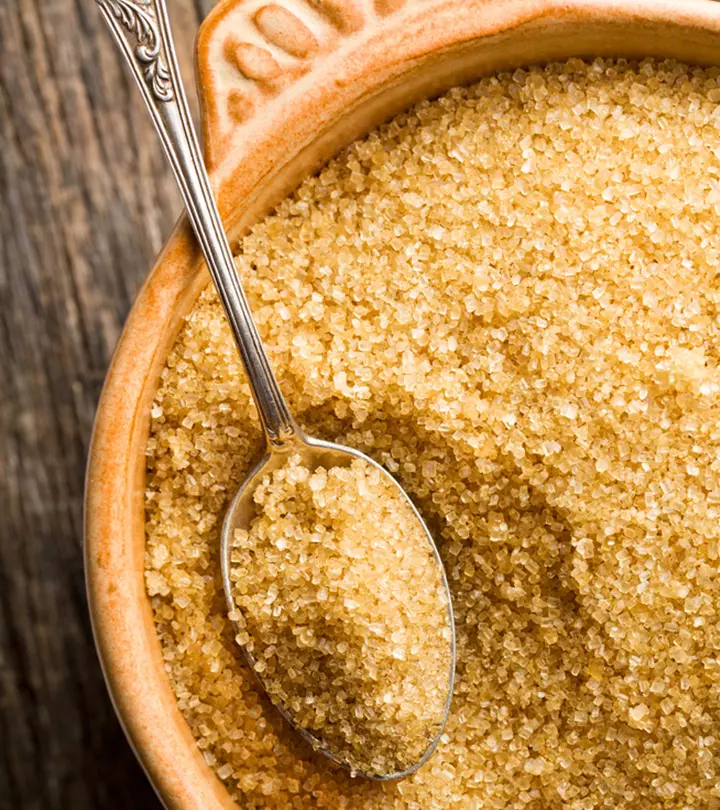
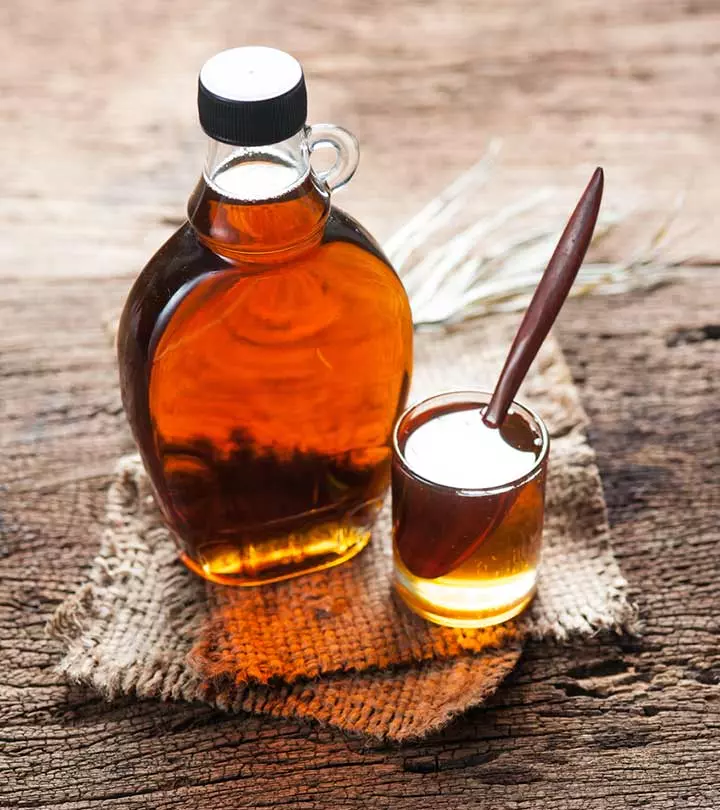
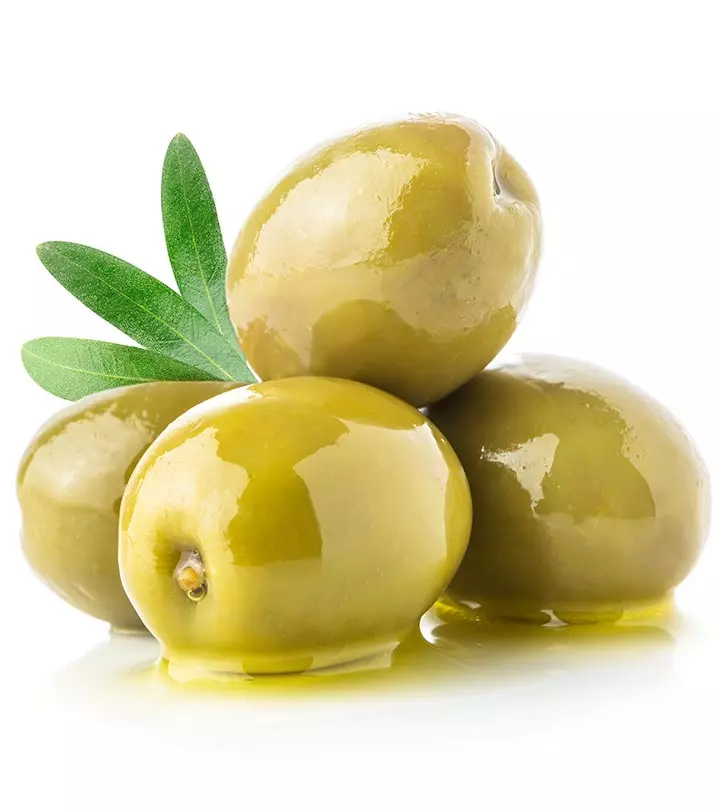
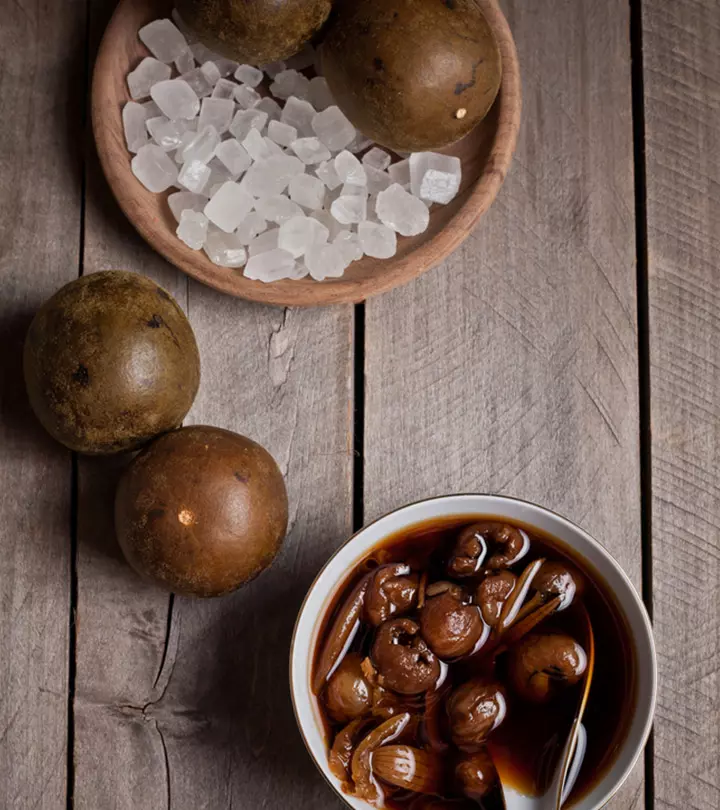
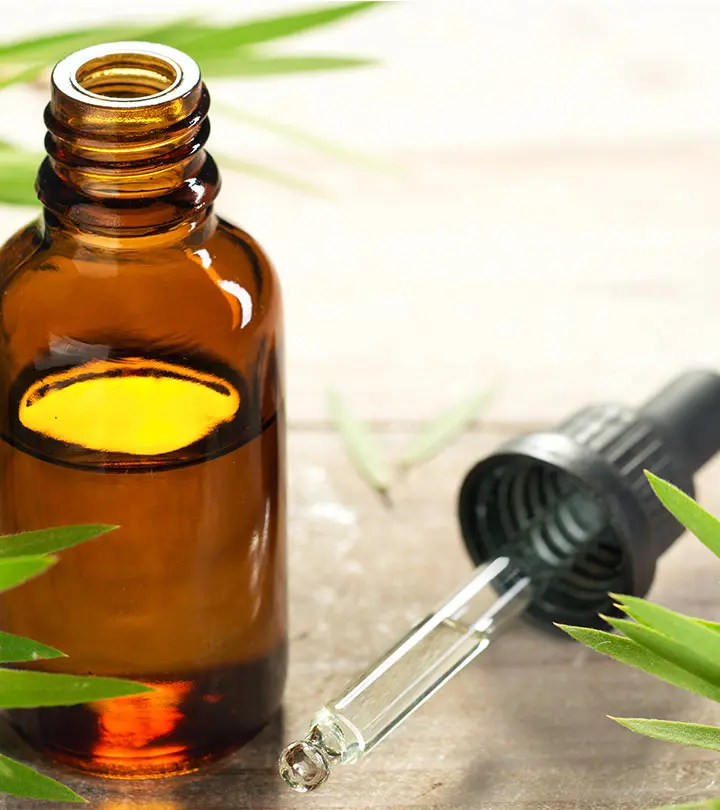
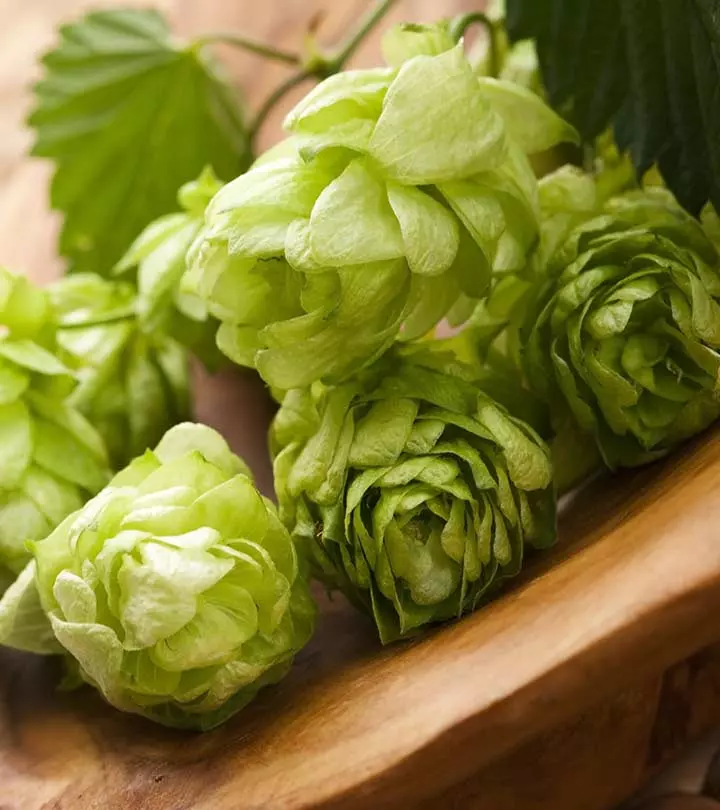
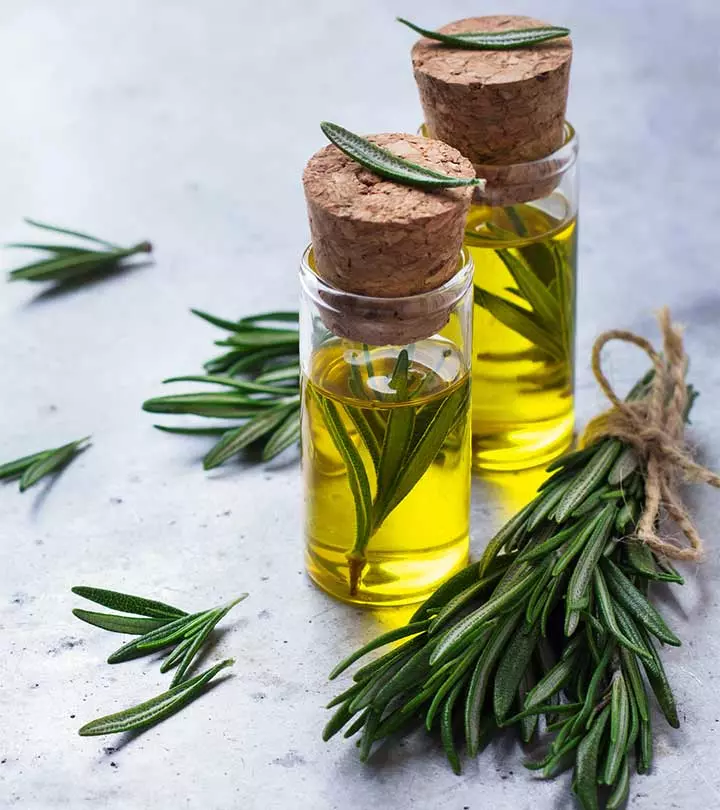

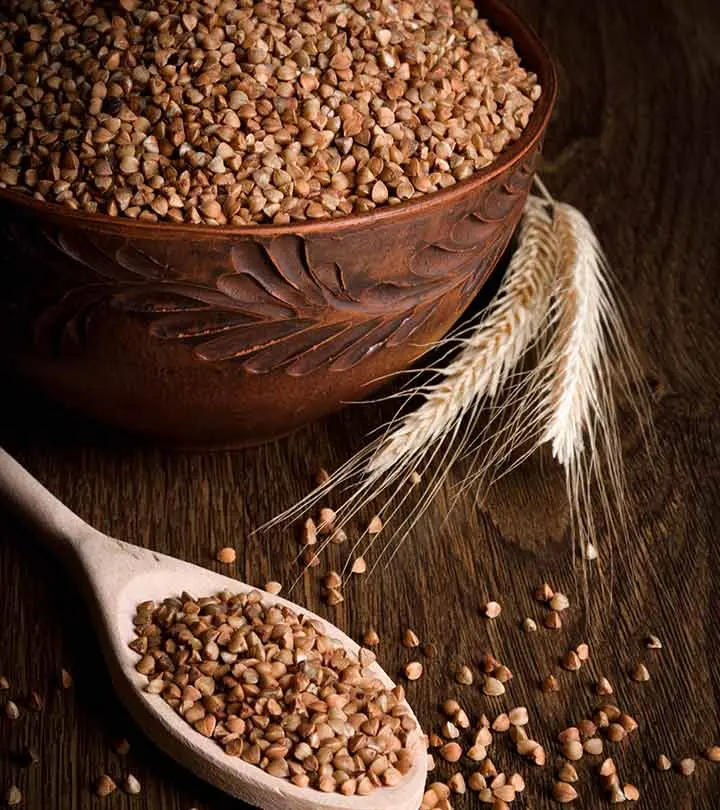

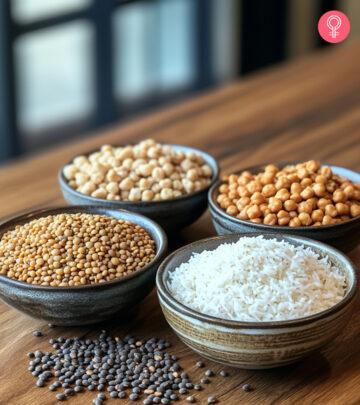
Community Experiences
Join the conversation and become a part of our empowering community! Share your stories, experiences, and insights to connect with other beauty, lifestyle, and health enthusiasts.